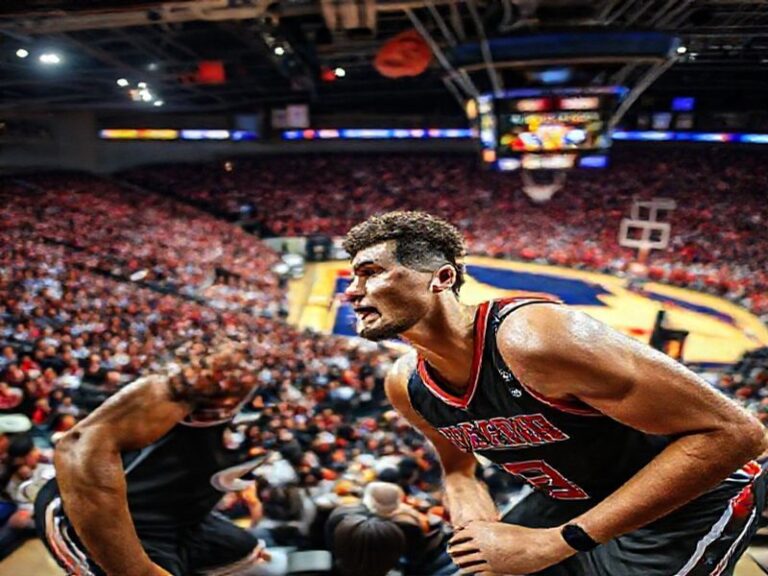South Carolina vs Missouri: How a College Football Game Became a Geopolitical Farce
South Carolina vs Missouri: A Diplomatic Incident Disguised as a Football Game
By Our Man in the Cheap Seats, Geneva Bureau Chief
GENEVA—The Treaty of Westphalia, the Congress of Vienna, and now, apparently, Williams-Brice Stadium on a humid Saturday night. While the world’s chancelleries were busy drafting stern communiqués about supply chains and semiconductor embargos, two American provinces—South Carolina and Missouri—quietly staged a summit that could upend the fragile balance of global schadenfreude.
To the untrained eye, it was merely a college-football match-up between the Gamecocks and the Tigers, a ritual whose arcane rules mystify roughly 7.9 billion non-Americans and delight the remaining 330 million. Yet to seasoned observers of late-stage civilization, the contest offered a bleakly comic microcosm of planetary anxieties: resource insecurity (both teams’ rushing attacks), contested borders (the line of scrimmage), and the ever-present threat of mutually assured embarrassment.
Consider the international optics. South Carolina, a state whose official dance is the shag and whose unofficial pastime is pretending Fort Sumter was an Airbnb misunderstanding, entered the arena ranked somewhere between “unranked” and “existential.” Missouri, meanwhile, boasts a tiger mascot that looks suspiciously like it was designed by a committee of EU regulators after three bottles of Bordeaux—ferocious in theory, laminated in practice. The over/under on geopolitical metaphors was 63½, and the planet took the over.
From a trade perspective, the implications were immediate. Asian markets, already skittish over Evergrande and the price of German bratwurst, watched the opening kickoff with the same grim fascination usually reserved for cryptocurrency charts. Every first-down conversion triggered algorithmic sell orders in Seoul; every three-and-out sent the won tumbling. By halftime, analysts at Nomura had issued a briefing titled “Gridiron Contagion: How SEC Secondaries Could Trigger a Supply-Chain Re-Route Through the Port of Charleston.” It was 42 pages long and entirely serious.
Europe, meanwhile, adopted its customary posture of smug concern. Le Monde ran a 3,000-word think piece comparing Missouri’s defensive line to the Maginot Line—costly, porous, and ultimately bypassed by a sophomore running back from Sumter named De’Juan. In Brussels, officials debated whether to classify the Gamecocks’ play-action schemes as a form of non-tariff barrier. “They lure you in with the promise of a pass, then blitz you with agricultural subsidies,” muttered one Eurocrat over a lukewarm Orval.
The real diplomatic flashpoint came during the third quarter, when South Carolina’s quarterback—channeling the diplomatic finesse of a UN Security Council veto—threw an interception returned for a touchdown. Global Twitter, that digital amphitheater of human folly, exploded in seven languages. Iranian state television called it “another American humiliation,” conveniently ignoring their own 2-0 loss to the Great Satan in 1998. The Kremlin troll farms briefly pivoted from vaccine disinformation to tweeting vintage Steve Spurrier GIFs, because chaos is a ladder and memes are the rungs.
By the final whistle, Missouri had prevailed 34-14, a score that will reverberate through the think-tank circuit for weeks. Brookings fellows will pen treatises on “The Fragility of Southern Soft Power.” The Lowy Institute will host a panel: “From Columbia to Columbia: Interstate Rivalry in the Indo-Pacific Century.” Somewhere in Davos, a man in a fleece vest will use the phrase “SEC East asymmetry” and be applauded softly.
And what of the ordinary humans who merely wished to drink beer and yell at large men in tights? They filed out into the Carolina night, blissfully unaware that their heartbreak had been securitized, bundled, and sold to a sovereign wealth fund in Abu Dhabi. The stadium lights dimmed, the marching band played something that sounded vaguely like the Battle Hymn of the Republic remixed by a DJ in Ibiza, and the world spun on—imperceptibly but measurably—toward its next manufactured crisis.
In the end, South Carolina vs Missouri wasn’t about football. It was about us: a species capable of turning a regional turf war into a referendum on the liberal international order, then forgetting it by Monday. Which, come to think of it, is the most American export of all—short attention spans, long memories for grievance, and a talent for monetizing both.
Sleep tight, planet. The season’s young, and Ohio State hasn’t even played yet.







